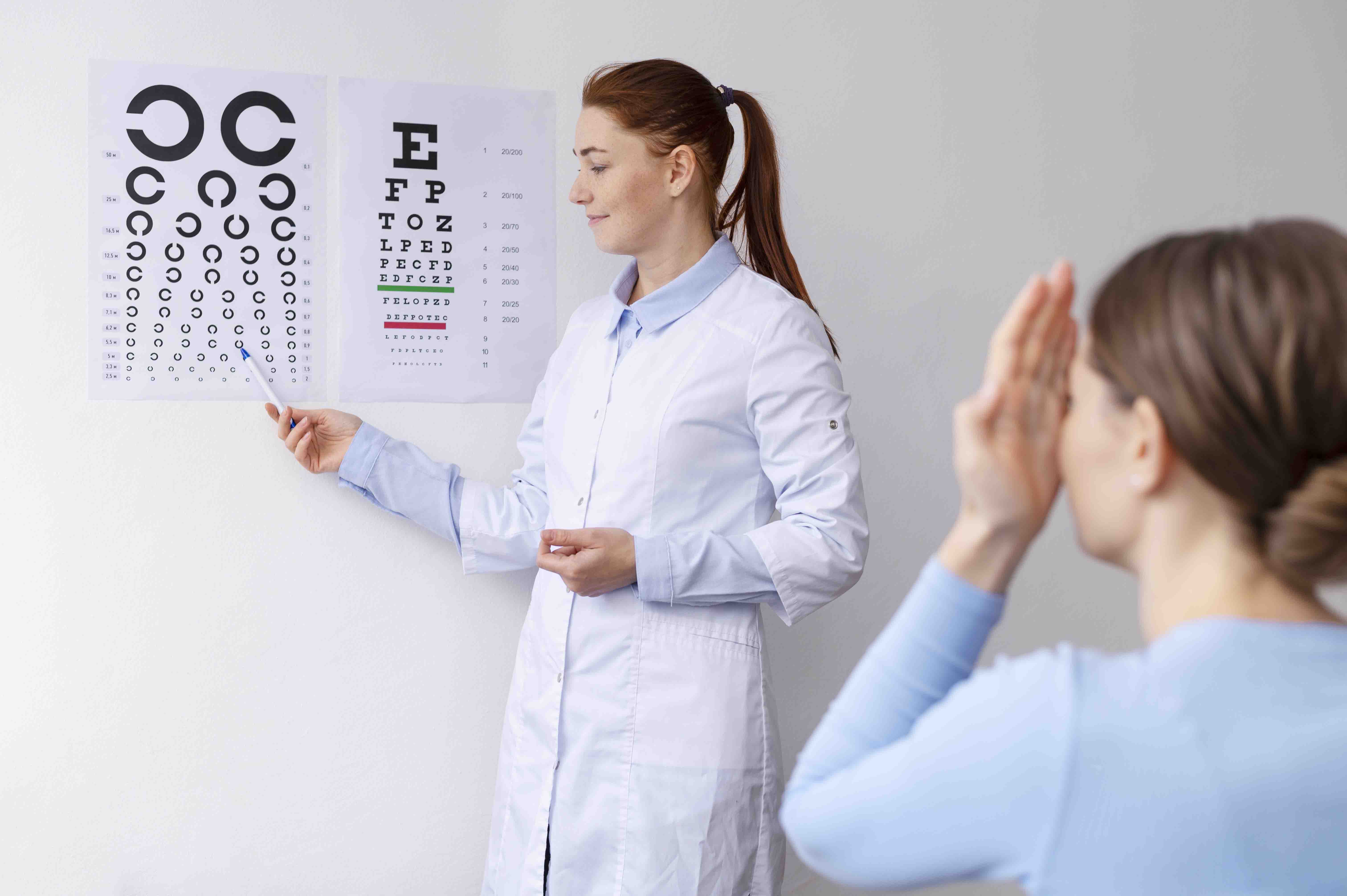Regular eye exams are essential for maintaining good vision and overall eye health. They help detect vision problems early, often before noticeable symptoms develop. Issues such as nearsightedness, farsightedness, or astigmatism can be corrected with glasses, contact lenses, or other treatments, ensuring clear and comfortable vision.
Beyond correcting refractive errors, eye exams play a critical role in identifying early signs of serious eye conditions like glaucoma, macular degeneration, and cataracts. Many of these conditions progress silently, causing irreversible damage if left untreated. Detecting them early can prevent vision loss and allow for timely intervention.
Eye exams can also reveal signs of systemic health problems, including diabetes, high blood pressure, and even certain cancers. The blood vessels and nerves in the eyes can provide clues about your overall health, making regular checkups an important preventive tool.
For children, regular eye exams are crucial for identifying vision issues that could interfere with learning and development. Poor vision in school-aged children often goes unnoticed and can affect academic performance and self-esteem.
Even if you believe your vision is fine, annual or biennial eye exams are recommended. Changes in vision can be gradual and easily overlooked. By staying proactive with your eye health, you can safeguard your sight and address potential problems before they escalate.
In short, regular eye exams are not just about seeing clearly—they’re about preserving your vision and overall health for years to come.
Tap here to know more......

